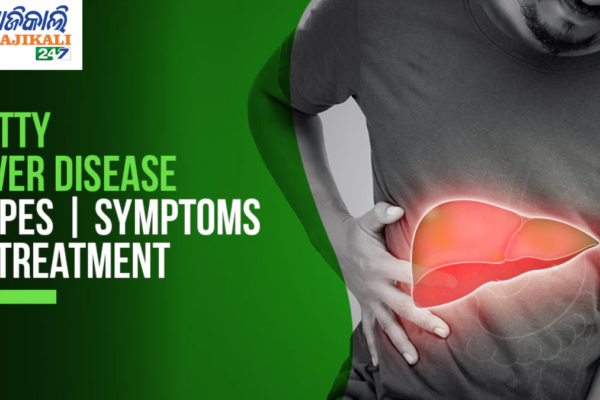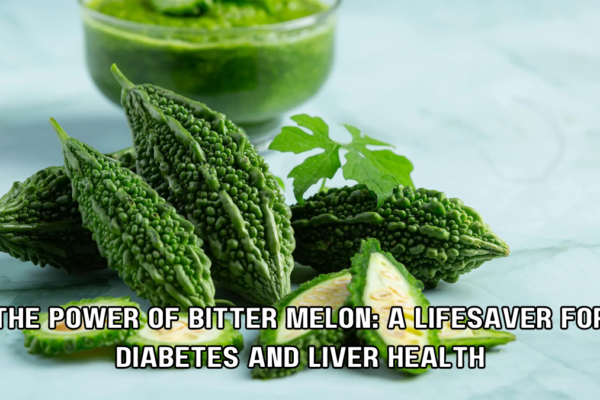Introduction:
The liver is a vital organ that plays a crucial role in detoxifying the body, metabolizing nutrients, and producing bile to aid digestion. However, certain foods and beverages can significantly harm the liver, leading to conditions like fatty liver disease, cirrhosis, and even liver cancer. To maintain a healthy liver, it’s essential to be aware of these “poison” foods and avoid them as much as possible.
1. Alcohol

Alcohol is one of the most harmful substances for the liver. Chronic alcohol consumption can lead to alcoholic liver disease, which includes fatty liver, hepatitis, and cirrhosis. The liver processes alcohol, and excessive intake can cause inflammation, scarring, and irreversible damage.
Avoid: Regular consumption of alcohol, binge drinking.
Moderation: If you choose to drink, do so in moderation—up to one drink per day for women and up to two drinks per day for men.
2. Sugary Foods and Beverages

High sugar intake, particularly from fructose found in sugary drinks and processed foods, can lead to non-alcoholic fatty liver disease (NAFLD). This condition occurs when too much fat is stored in liver cells, impairing liver function.
Avoid: Sugary sodas, candies, pastries, and desserts.
Alternatives: Opt for natural sweeteners like honey or stevia, and choose whole fruits over fruit juices.
3. Trans Fats

Trans fats, found in many processed and fried foods, are detrimental to liver health. These unhealthy fats can increase the risk of developing NAFLD by promoting fat accumulation in the liver.
Avoid: Fried foods, margarine, packaged snacks, and baked goods that contain hydrogenated oils.
Alternatives: Use healthier fats like olive oil, avocado oil, and nuts.
4. Processed Meats

Processed meats such as sausages, bacon, and deli meats contain high levels of saturated fats and preservatives, which can contribute to liver damage and increase the risk of liver disease.
Avoid: Sausages, hot dogs, bacon, and deli meats.
Alternatives: Choose lean meats like chicken or turkey, and incorporate plant-based protein sources like beans and lentils.
5. High-Sodium Foods

Excessive salt intake can lead to liver inflammation and exacerbate liver disease. High-sodium diets are also linked to hypertension, which can indirectly affect liver health.
Avoid: Processed foods, canned soups, and salty snacks.
Alternatives: Use herbs and spices for seasoning, and choose fresh or frozen vegetables over canned varieties.
6. Excessive Vitamin A

While vitamin A is essential for overall health, too much of it can be toxic to the liver. This is particularly a concern with high doses of vitamin A supplements.
Avoid: Overuse of vitamin A supplements and foods fortified with high levels of vitamin A.
Alternatives: Obtain vitamin A from natural sources like carrots, sweet potatoes, and leafy greens, and consult a doctor before taking supplements.
7. Refined Carbohydrates

Refined carbs such as white bread, pasta, and sugary cereals can lead to insulin resistance and fat accumulation in the liver, increasing the risk of NAFLD.
Avoid: White bread, white rice, pastries, and sugary cereals.
Alternatives: Choose whole grains like brown rice, quinoa, and whole wheat bread.
Conclusion
Maintaining liver health requires mindful eating and lifestyle choices. By avoiding these harmful foods and opting for a balanced diet rich in whole foods, lean proteins, and healthy fats, you can support your liver’s vital functions and overall well-being. Remember, moderation is key, and consulting a healthcare professional for personalized advice is always a good practice.












